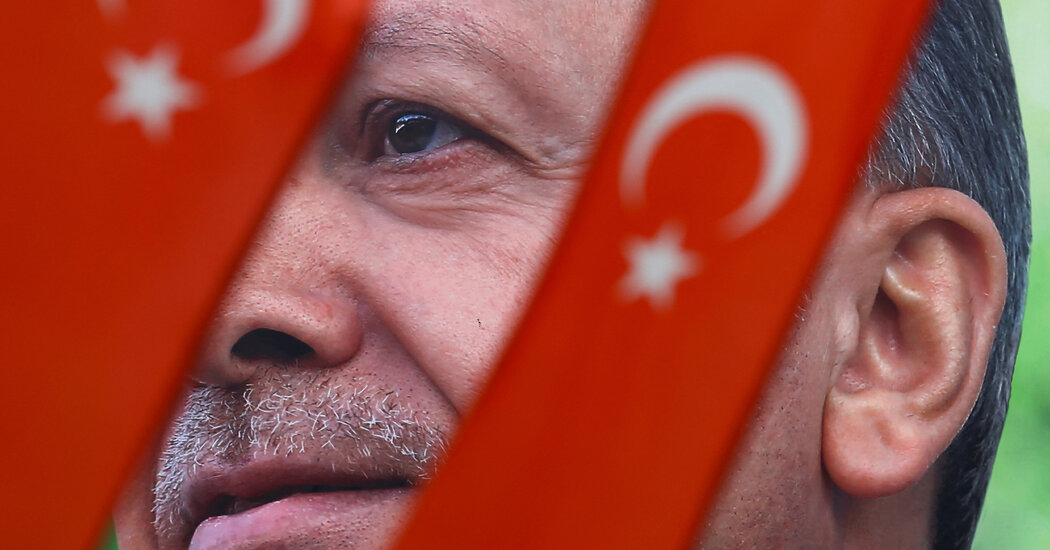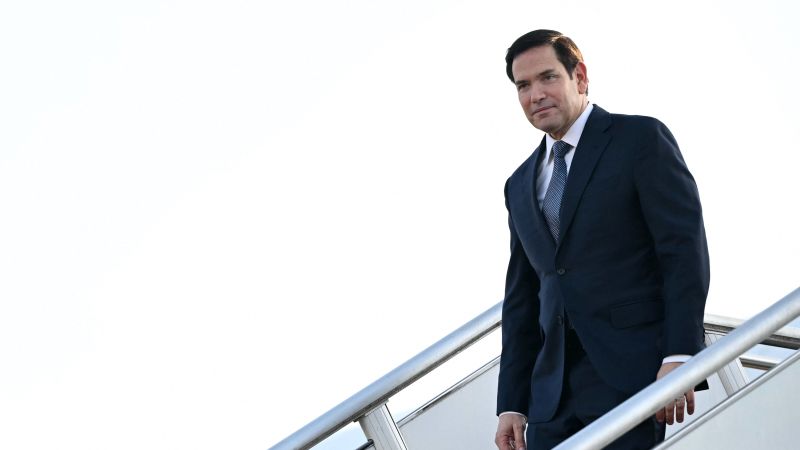The recent reelection of Recep Tayyip Erdogan in Turkey should serve as a warning about the rise of autocratic leaders who are returning to power through democratic means. Despite Erdogan’s abuse of power to control the news media, deliver subsidies to favored constituencies, and silence opposition parties, he still won by a comfortable margin against a candidate seen as colorless and inept. This is not surprising in a country where things like tradition, values, identity, culture, and religion hold greater importance than economics. Erdogan’s success is due in part to his Islamism and building himself an aesthetically grotesque, 1,100-room presidential palace for $615 million. Erdogan’s reelection is a reminder that political signals are often transmitted at frequencies that liberal ears have trouble hearing. This phenomenon is not unique to Turkey, as Donald Trump also built his movement on a sense of belonging and submission for the sake of representation, rather than the prospect of winning. Both Erdogan and Trump defied expectation because they understood this. They won’t be the last populist leaders to do so.
Opinion | Turkey’s Election Is a Warning About Trump












